A Record Set by the U.S. Justice System Exposes a Deeper Problem

By:
A new record set by the United States' criminal justice system exposes a deeper problem about the nation's courts.
.jpg?auto=format&crop=faces&fit=crop&q=60&w=736&ixlib=js-1.1.0) CDC/Wikimedia - wikimedia.org
CDC/Wikimedia - wikimedia.org
The U.S. once again set a record for the total number of prisoners exonerated, i.e. people whose convictions were overturned, according to a report by The National Registry of Exonerations released on Tuesday. The United States' criminal justice system exonerated 166 people in the U.S. in 2016, six more than 2015's record.
- 73 of the exonerated defendants were charged with non-violent crimes, mostly drug offenses.
- 54 were exonerated from murder charges and two for manslaughter.
- 24 defendants were exonerated for sex crimes.
- 15 were exonerated for violent crimes like arson, robbery, and attempted murder.
While activists say the overturned convictions are a positive step, the high numbers of false convictions remains a larger problem.
Barbara O'Brien, an editor at the National Registry of Exonerations, said the U.S. still has a "long way to go" in terms of addressing wrongful convictions. She said the new record could be linked to advocacy groups and criminal courts getting better at finding and clearing wrongful convictions, which means there are probably even more wrongfully convicted people sitting behind bars than previously known.
"I think we are getting better at detecting and correcting false convictions, but that doesn’t mean we don’t have a long way to go," she told ATTN: via email. "Exonerations—whether after a trial or a guilty plea—very likely reflect only a small fraction of the number of false convictions."
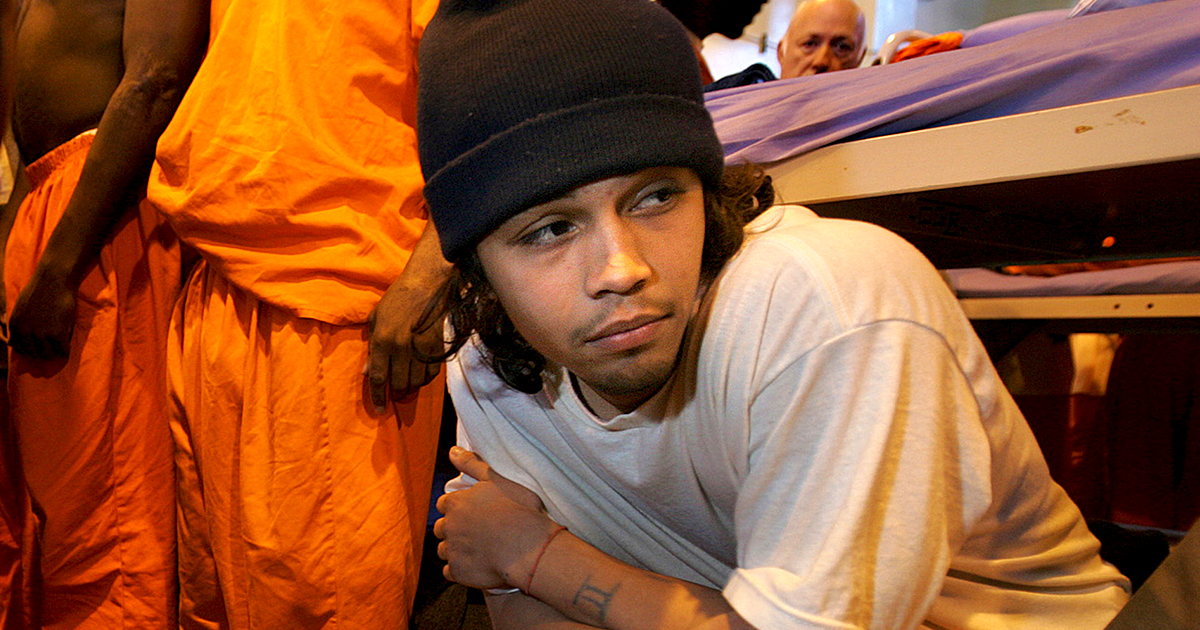 AP/Spencer Weiner - apimages.com
AP/Spencer Weiner - apimages.com
There were two other troubling records the U.S broke this year.
1. In a record number of exoneration cases, 74, the defendant actually pleaded guilty.
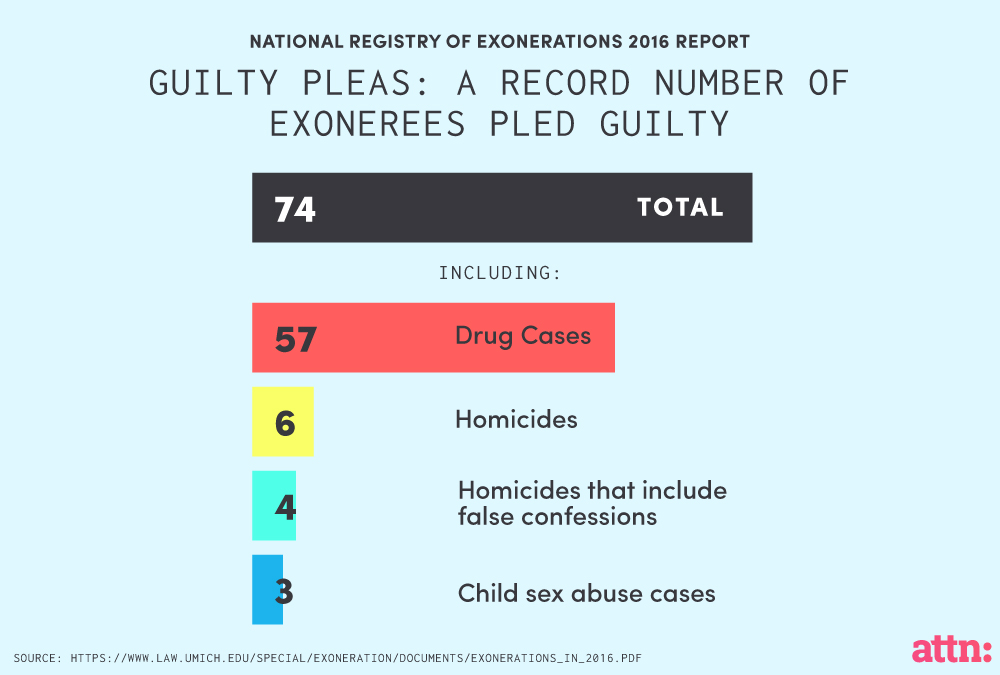
Those who pleaded guilty comprised 45 percent of all exonerated people in 2016. Why would someone plead guilty to a crime they didn't commit? The answer is often pressure.
"An innocent person might plead guilty when they are unable to make bail, and pleading offers immediate release, or at least a much shorter sentence then she would serve if she went to trial and lost," said O'Brien.
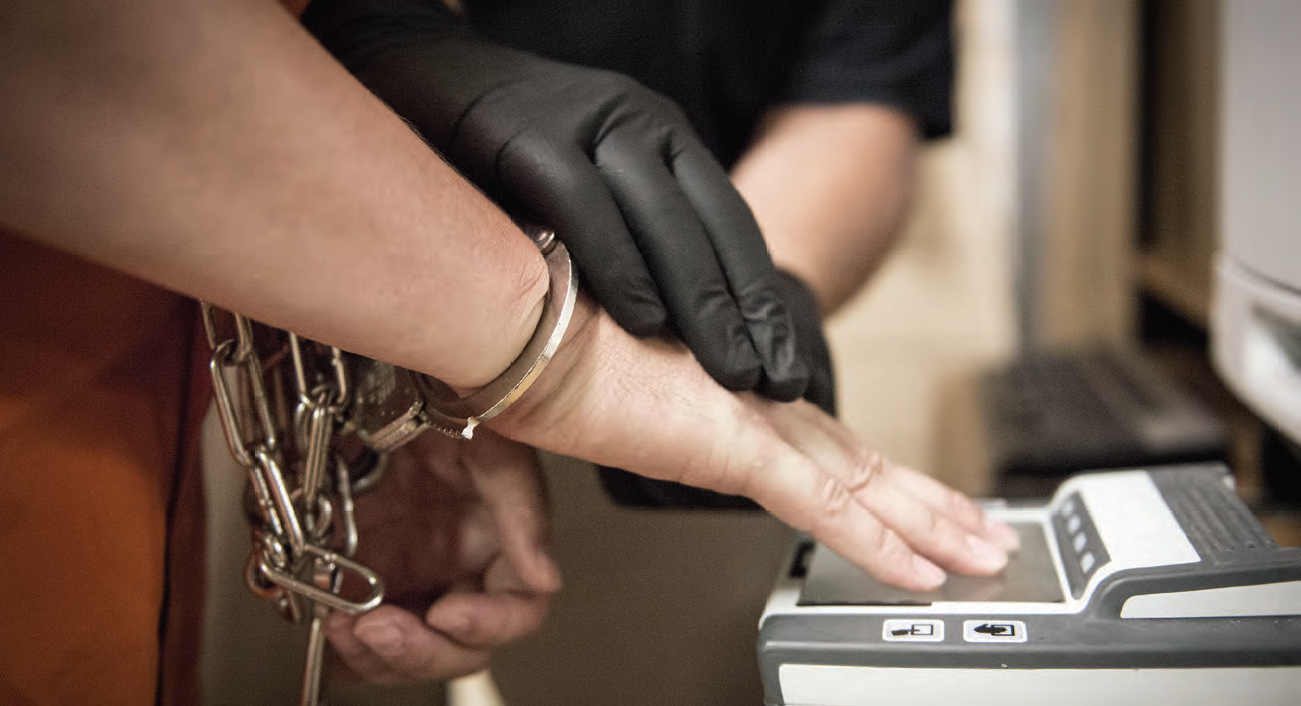 United States Marshals Service - wikimedia.org
United States Marshals Service - wikimedia.org
Besides the motivation to get out of jail, poor people are often at a disadvantage in the criminal justice system when they use overworked public defenders who will encourage them to take a plea deal.
"It's often and most frequently tied to funding," Jo-Ann Wallace, the CEO and president of the National Legal Aid Defender Association told ATTN: in October 2016. "If a public defense organization doesn't have enough lawyers or enough professional staff or access to experts, that can lead to inadequate representation."
2. In 94 cases where the defendant was exonerated, no actual crime ever occurred.
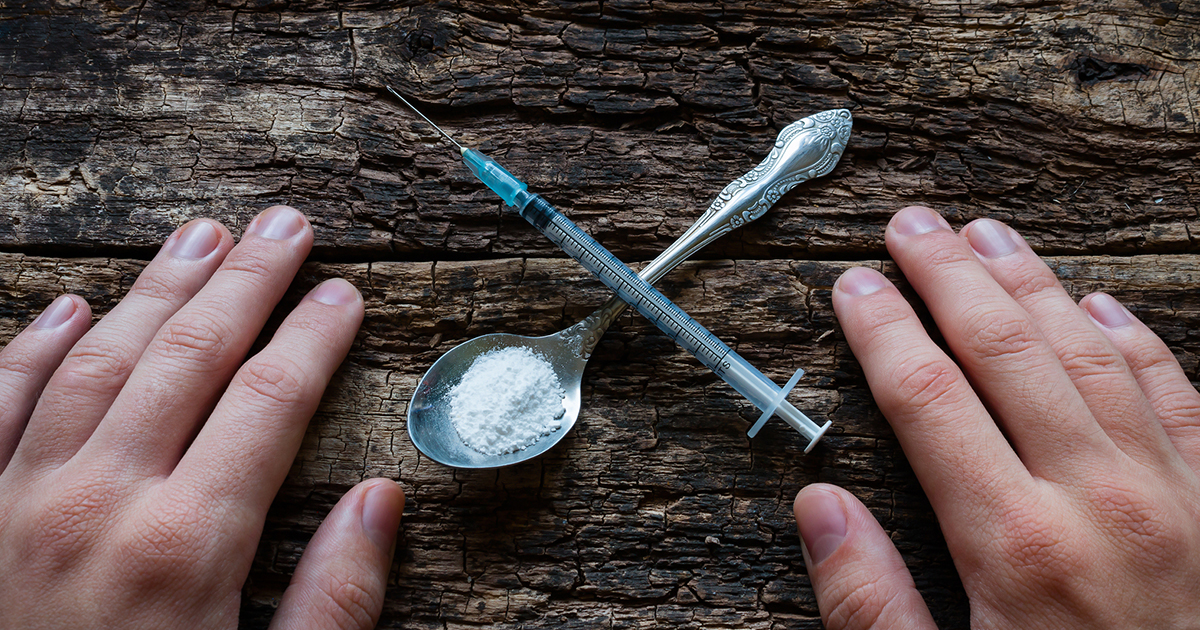 BigStock/takdalee - bigstockphoto.com
BigStock/takdalee - bigstockphoto.com
This is more than half the total number of exonerations, and most of them were drug-possession cases, according to the report. O'Brien said that most of those drug cases were based on an unreliable field tests of controlled substances. ATTN: previously reported on a ProPublica investigation that found an unreliable $2 field test contributes to thousands of roadside convictions every year.
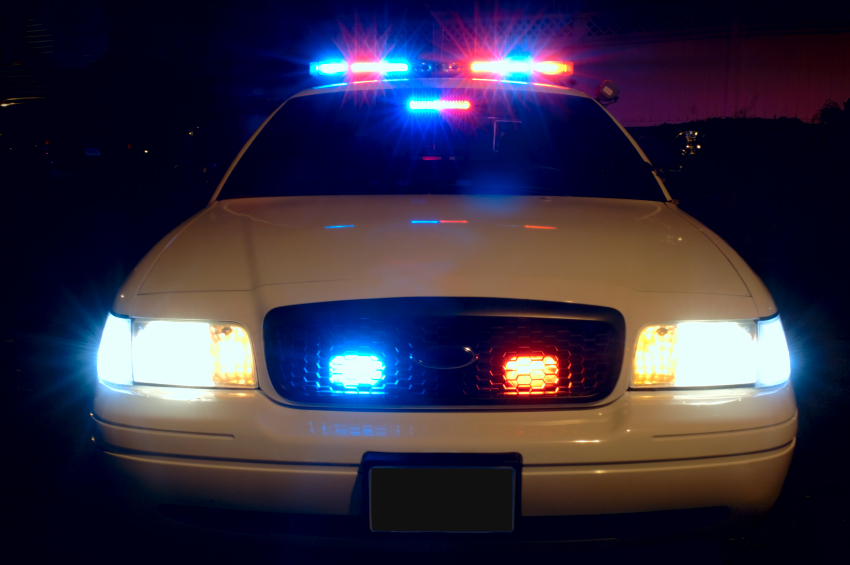 Scott Davidson/Wikimedia - wikimedia.org
Scott Davidson/Wikimedia - wikimedia.org
While the tests are not supposed to be used for a conviction, they can be used for an arrest, which then results in thousands of plea bargains.
"A more reliable lab test takes time, and a defendant might plead guilty because it offers immediate or speedy release," said O'Brien.
What needs to change?
_courtroom_1.JPG?auto=format&crop=faces&fit=crop&q=60&w=736&ixlib=js-1.1.0)
Policies that address the income-inequality in the bail system could help prevent false guilty pleas, and funding for public defenders would help everyone in the criminal justice system get an adequate legal defense.
"There’s no simple solution to this problem, but reforming the bail system so that people accused of non-violent crimes aren’t detained simply because they cannot afford to post bail would go a long way," O'Brien said. "Providing adequate funding to overworked public defenders would also help by ensuring that the evidence against innocent defendants is thoroughly vetted so that the lawyer is better prepared to take the case to trial."
